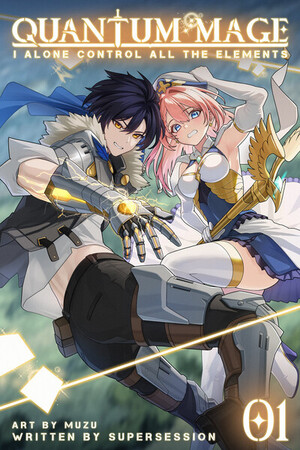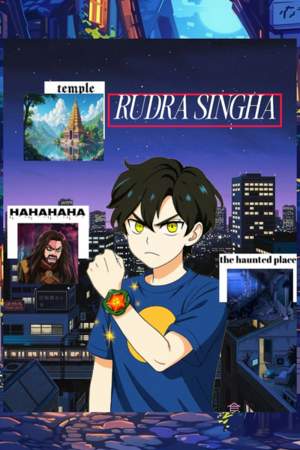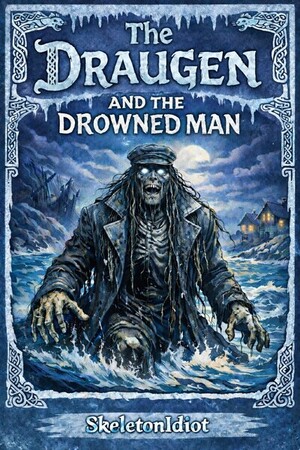Chapter 1:
Chapter One: The Sound of Forgotten Things
The Archivist of Lost Eras
The map shouldn’t have moved.
Confident that his eyes were playing tricks, Yusuf blinked twice. But there it was—constellations creeping ever so slightly across the parchment, the ink changing. Just enough to unsettle. Just enough to make him lean in, as though proximity might explain something.
The map was at least two thousand years old. Faded beyond legibility in some places, brittle as old leaves in others. It had taken him two weeks to stabilize it in a humidity-controlled chamber, and another week just to decipher three of its six symbols. But now, under the sterile museum lights of the archive, the thing moved.
He remained calm. Still.
Rather, Yusuf leaned back in his chair, adjusting his glasses and letting out a slow exhale. The chair made a sharp creaking sound in the vault's quiet. It was long after midnight. He was alone. His colleagues had gone home hours ago. Cairo was quiet outside, reduced to distant traffic and the occasional dog barking in some forgotten alley.
The map lay still.
He looked again.
This time, the edges changed rather than the stars. The parchment curled inward and peeled slightly at the corners. It seemed to be breathing. He reached out instinctively and laid two fingers on its surface.
The moment he touched it, the air turned heavy.
A sharp pop cracked the silence—like pressure equalizing between two sealed rooms—and suddenly the hum of the archive lights cut out. The temperature dropped several degrees in an instant.
Then came the voice.
Not heard with ears, but inside his skull. A whisper layered over a chorus, distant and close at once. Familiar yet impossible.
“You remember us.”
The world tilted sideways. His chair toppled. He didn’t hit the floor.
He fell through nothing.
Not dark. Not even empty. Just… void. Cold and silent and still. Yet something moved in it—shapes that weren’t quite shapes, light without source, cities floating upside down and inside out. And there was a tree in the middle of it all.
Its branches were gnarled and bone-white, and its trunk extended in all directions. Like veins, gold lines throbbed through the bark. The tree was dead. It was dying. It had never lived.
Beneath it stood a child.
Small. Cloaked. No face. No features at all, just a blank space where a person should be. It held something in its hand.
A broken hourglass.
The sand inside the hourglass trickled upward as Yusuf fell.
He gasped as he awoke.
He did not recognize the ceiling above him; it was made of glowing patterns etched into slabs of black stone. A ragged hole in the roof let in pale light. Like fog, dust hung in the air.
He sat up slowly. His head throbbed.
His clothes were intact. He had dirty hands. There was a slight scent of wet stone and ash in the air.
He had left the museum.
Around him, the walls were eroding and had cracks that resembled vines. Huge statues of humanoid figures without faces flanked the room. The language carved beneath their feet was ancient and looping. He’d seen fragments of it once before, on a clay tablet marked “Unclassified – Prehistoric?”.
He stumbled to his feet, motivated more by instinct than knowledge.
An altar sat in the middle of the demolished room. Broken. Shattered in three places. Atop it, a shape—small, human-sized—faced away from him.
The faceless child.
It turned slowly. No movement of legs. Just a shifting of existence.
And then, without lips or mouth, it spoke.
“You were not summoned.”
“You were not chosen.”
“You are the last door left open.”
Yusuf couldn’t move. not even able to breathe correctly. A low hum reverberated through his chest as he gazed at the child, if that was what it was.
Symbols lit up beneath his feet.
They weren’t written in any ink—just burned directly into the stone, rising with light like fireflies. He didn’t know how he understood them, but he did. As clearly as his native tongue.
This is the Record that Remains.
And this is the Price for Remembering.
Pain flared behind his eyes. Not blinding—but sharp, precise, like a thread being tugged loose in his brain. A memory slid forward. Not from childhood. Not even from his own life.
A battlefield. A shattered moon. A name screamed into silence.
And a woman made of pages, burning in the wind.
He clutched his head.
When the vision faded, the child was gone. The altar was cracked further. A single symbol glowed at the center of the stone:
“Kalas.”
He didn’t know the word, but it knew him.
Yusuf stumbled backward, breathing hard, sweat clinging to his back.
He looked around at the ruins—the lost temple, the lightless sky beyond the broken walls, the eerie hush that blanketed the world. Somewhere out there, cities hung in fragments above the horizon. Ruins that floated.
He felt it then.
Not fear. Not wonder. But a quiet certainty.
He was no longer on Earth.
He had not been summoned.
He had been remembered.
And the world that remembered him was dying.




Please sign in to leave a comment.